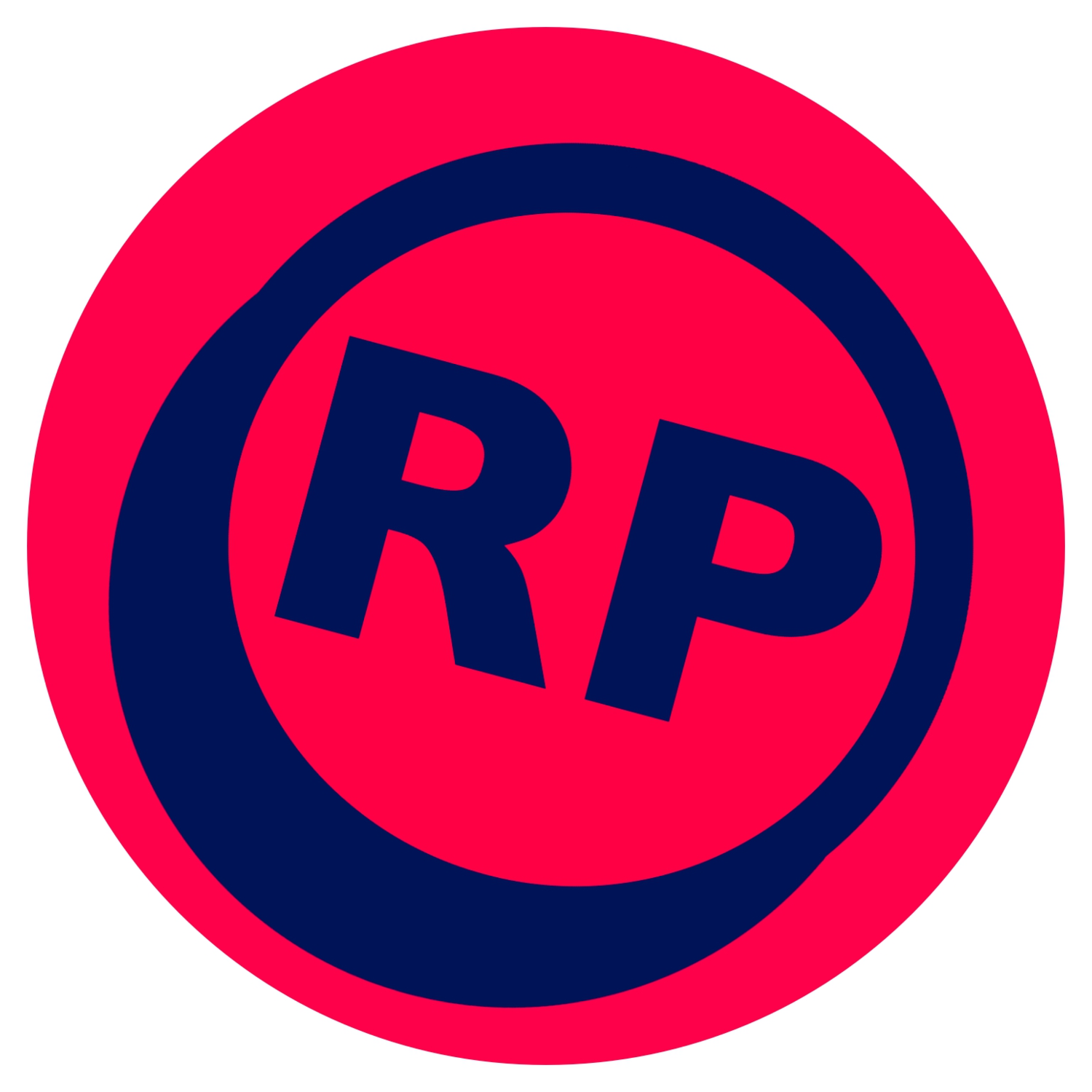Interview With Marie Minet
What’s the story behind your artist name — and does it reflect who you are today?
My artist name is simply my own — Marie Minet. My music is an extension of who I am. I wanted to keep it simple and real, just like the music itself.
Which song of yours means the most to you, and what inspired it?
Happy End is very personal to me. It speaks about the disappointment we sometimes feel when we realize that the fairytales we believed in aren’t real. It’s a song about waking up from illusions, and trying to find your own path in life
How would you describe your sound in three words — and why those?
Intimate, floating, and sincere.
“Intimate” because I try to speak directly to the listener. “Floating” — like a river that flows without forcing its direction — because I let each project evolve naturally. And “sincere” because I never try to imitate; I simply follow where the emotion leads.
What was the moment you truly felt like an artist — not just someone making music?
In Ghana, after a transformative journey. I let go of self-doubt and perfectionism and allowed myself to sing freely. C’était libérateur. That was the moment I stopped performing and started inhabiting the music. Since then, I’ve found it easier to access that creative “sweet spot” where something true can emerge.
Who are your biggest musical influences, and how do they show up in your work?
My family has classical roots — my great-uncle was Edvard Grieg, my grandmother studied violin at the Conservatoire de Paris, and I was raised on Bach, Chopin, and Beethoven. Later, I was drawn to French chanson — especially Gainsbourg. Today, I admire artists like Grand Corps Malade, who blend poetry and spoken word into music. These influences shape how I write — with structure and freedom, melody and meaning.
What’s your creative process like — from a blank page to a finished track?
It often begins with beautiful guitar lines that guide my imagination until melodies and words emerge. I’m very sensitive to sound, image, and sensation — anything can activate a creative state.
For Clair Obscur – High Life Edition Acoustic, composing and recording were inseparable. With Joshua Moszi on guitar, we captured everything in the moment. Some of my favorite songs came in a single take.
If someone’s hearing you for the first time, which track should they start with — and why?
I’d suggest Hanoi – High Life Edition Acoustic. It’s raw, spontaneous, and holds the contrast I love — soft melodies, clear words. It also captures the spirit of my recent work: a dialogue between cultures and emotions.
What’s been your most unforgettable moment on your music journey so far?
Recording this revisited album in just a couple of days, in my Lisbon's apartment with minimal equipment. There was no separation between composing and recording — just flow and pure joy. It was very intense, and very alive.
What do you want people to feel when they hear your music?
I hope they feel good — at peace, comforted, or uplifted. If even one person feels understood or finds a bit of themselves in the music, then it has done its work.I'm releasing Clair Obscur – High Life Edition Acoustic one song at a time. Each track is intimate and acoustic, paired with a remix by talented West African producers who believed in this project. I hope listeners follow this journey and feel something sincere in every version.
What’s next for you — and what should fans be excited about?
I'm releasing Clair Obscur – High Life Edition Acoustic one song at a time. Each track is intimate and acoustic, paired with a remix by talented West African producers who believed in this project. I hope listeners follow this journey and feel something sincere in every version.


